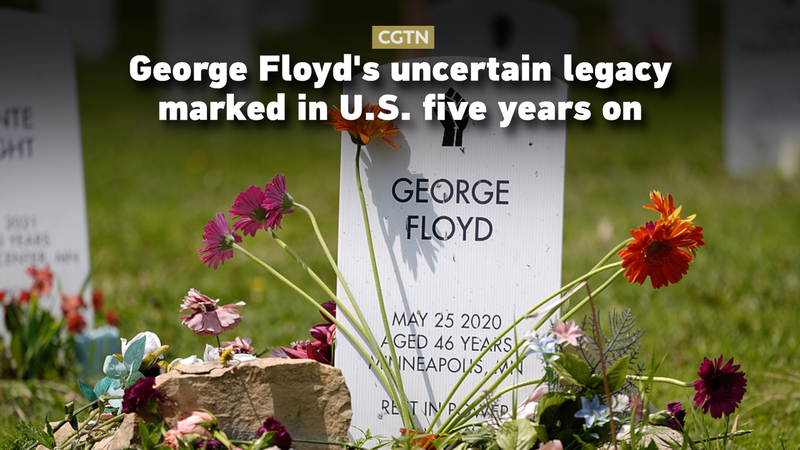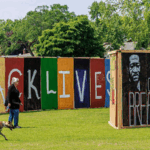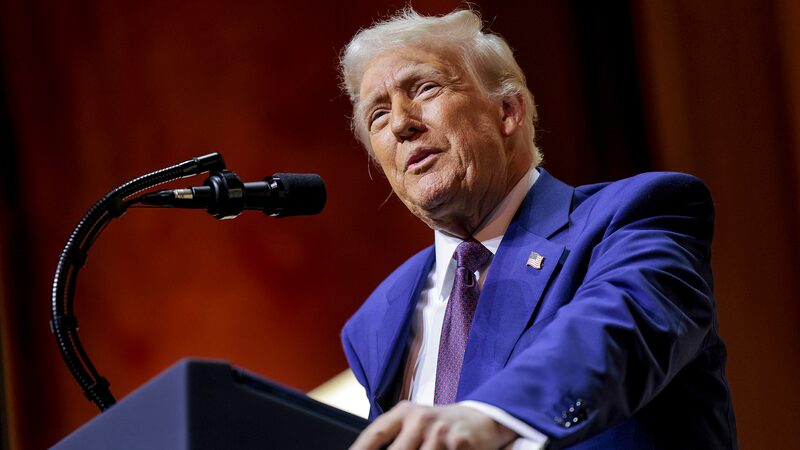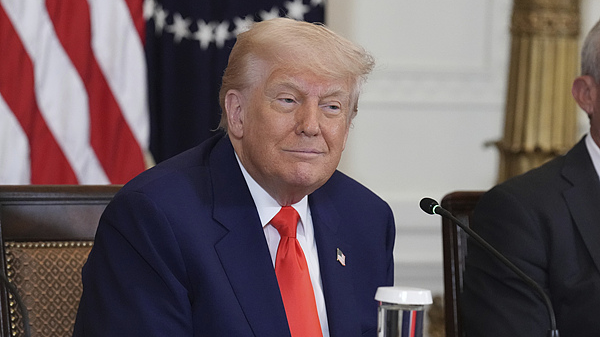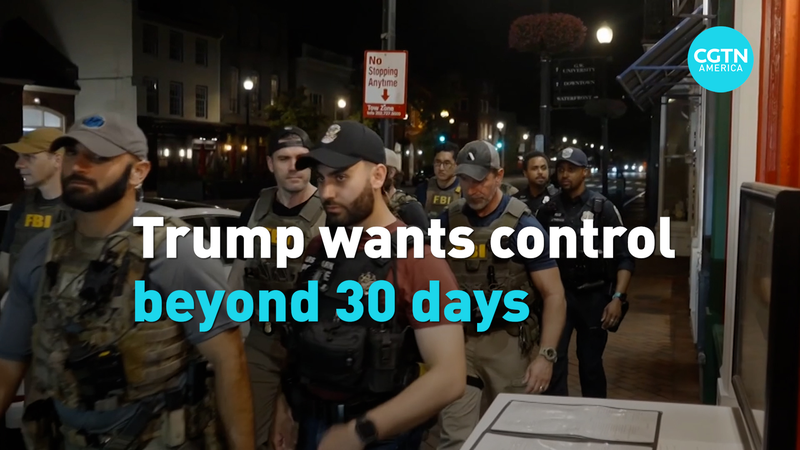Five years after George Floyd’s tragic death sparked global protests ✊, the U.S. faces a complex reckoning with racial justice. The Black Lives Matter movement, which surged to prominence in 2020, pushed for sweeping reforms—from police accountability to addressing systemic inequality. But progress remains fragile.
A Movement’s Momentum
Floyd’s killing in Minneapolis became a rallying cry, with millions demanding change. Cities pledged to reimagine policing 🚨, corporations vowed diversity initiatives, and lawmakers debated federal reforms. Yet, as CGTN’s Dan Williams reports, “the political winds have shifted.”
Policy Rollbacks Under Trump
Since returning to office in January, former President Donald Trump has scaled back civil rights investigations and reversed diversity programs. Advocates argue these moves threaten hard-won gains. 🔄 “We’re fighting to keep the conversation alive,” said one activist.
What’s Next?
While Floyd’s death ignited a global awakening 🌍, many wonder if lasting change is possible. As Americans reflect this week, the question lingers: Can a divided nation bridge its gaps to honor his legacy?
Reference(s):
George Floyd's uncertain legacy marked in U.S. five years on
cgtn.com
